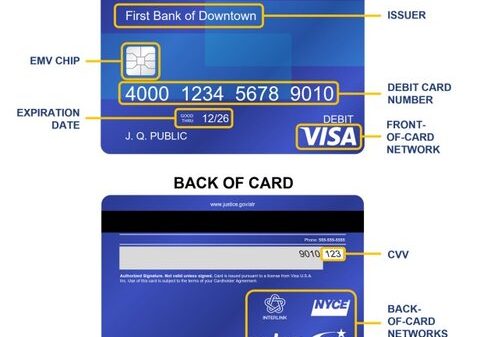Negligence, defined as “carelessness” in the law, covers various situations that fall under the purview of personal injury law.
Those who are to blame, such as careless drivers or business owners, may be held financially liable for the harm they have caused by way of damages.
This article will examine negligence’s function in personal injury law, offering essential understanding alongside concrete examples. If you were hurt in an accident that wasn’t your fault, you should consult a personal injury attorney to learn your rights and choices.
Understanding Negligence in Personal Injury Law
Negligence forms the foundation of personal injury claims. Negligence is the failure to act with due care, which can hurt other people. For a negligence-based personal injury claim to succeed, the following elements must be proven:
Duty of Care: The defendant must exercise reasonable prudence not to hurt the plaintiff (the party bringing suit).
Breach of Duty: The defendant must have been careless and violated their duty of care.
Causation: The plaintiff must provide evidence linking the defendant’s fault to the alleged harm.
Damages: The plaintiff has the burden of proof regarding the existence of damages. These could be medical expenses, lost wages, or pain and suffering.
Types of Negligence Claims
Personal injury law covers various types of negligence claims, each with its own unique set of circumstances. Some common examples include:
Motor Vehicle Accidents: Careless driving causes more issues than just injuries and property damage.
Slip and Fall Accidents: Property owners must maintain safe premises. Negligence in addressing hazards like wet floors or uneven surfaces can result in slip and fall injuries.
Medical Malpractice: Healthcare professionals must provide a standard level of care. Negligence in diagnosis, treatment, or surgical procedures can seriously harm patients.
Product Liability: Manufacturers and sellers are responsible for guaranteeing their goods are safe for consumers. Negligence in design, manufacturing, or warning labels can result in injuries caused by defective products.
Case Examples
Negligent Driving: A driver texting while behind the wheel causes a collision, injuring other motorists. The victim of a personal injury may file a lawsuit demanding financial compensation for their mental and emotional distress.
Premises Liability: A store owner fails to promptly clean up a spilled liquid, leading to a customer slipping and suffering a broken arm. The injured customer may pursue a personal injury claim against the store owner to cover medical bills, rehabilitation costs, and other damages.
Medical Negligence: A surgeon performs a procedure without following the standard protocols, leading to complications and permanent disability for the patient. The patient is permitted by law to submit a claim for medical malpractice to recover financial compensation for their injuries and associated costs (both past and future).
Conclusion
Negligence plays a crucial role in personal injury law, allowing accident victims to seek justice and receive compensation for their losses. Victims of accidents brought on by someone else’s carelessness need to be familiar with the elements of the fault and the many forms of negligence claims.
Suppose you have been a victim of negligence. If you’ve been hurt and need help enforcing your legal rights and pursuing compensation, look for an excellent personal injury lawyer.
Personal injury law promotes safety, responsibility, and justice by seeking accountability for negligent actions.
Accident victims who believe they are entitled to financial compensation should seek the advice of an lawyer with experience in this area of law.
Read more:
The Role of Negligence in Personal Injury Law: Key Insights and Case Examples
























